12 Surprising Reasons Narcissists Hate Thanksgiving—and What They All Mean
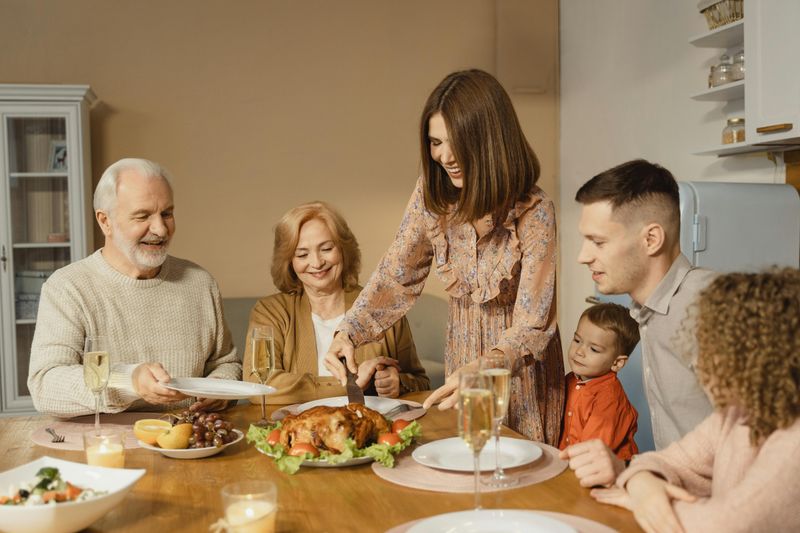
Thanksgiving is supposed to be a warm, heartfelt holiday centered on gratitude, family, and connection. But for narcissists, it’s often a day filled with discomfort, frustration, and even hostility. Understanding why they react this way can help you recognize toxic behavior and protect your own peace during the holidays.
1. They Hate Happiness
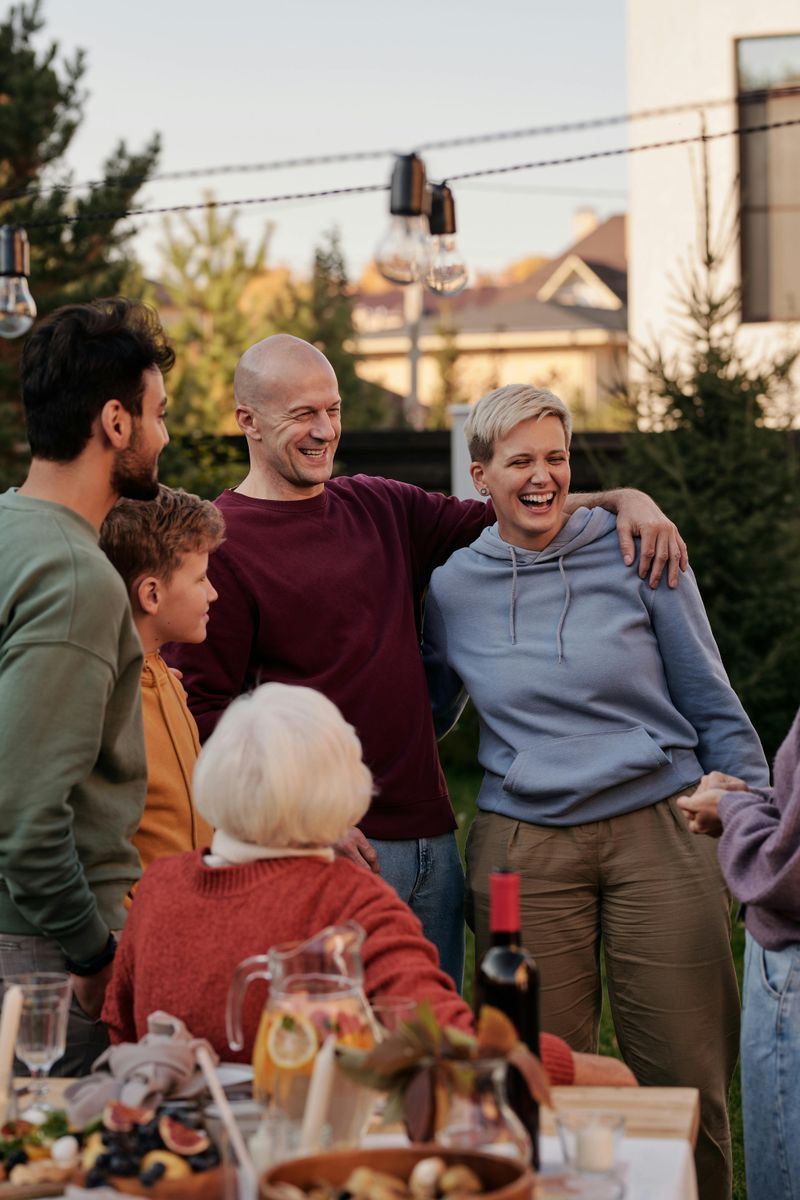
Seeing others genuinely joyful reminds narcissists of their own inability to feel deep, authentic happiness, which triggers resentment. While everyone else smiles and shares warm moments, they sit there feeling disconnected and empty inside. That gap becomes painfully obvious during holidays.
Their emotional shallowness prevents them from experiencing real joy. So when they watch family members hug, laugh, and bond, it stirs up envy and bitterness. Instead of joining in, they might sulk, criticize, or find ways to ruin the mood.
This behavior isn’t about the holiday itself. It’s about their internal struggle with emptiness and their inability to connect authentically with others.
2. They Hate Programmed Joy
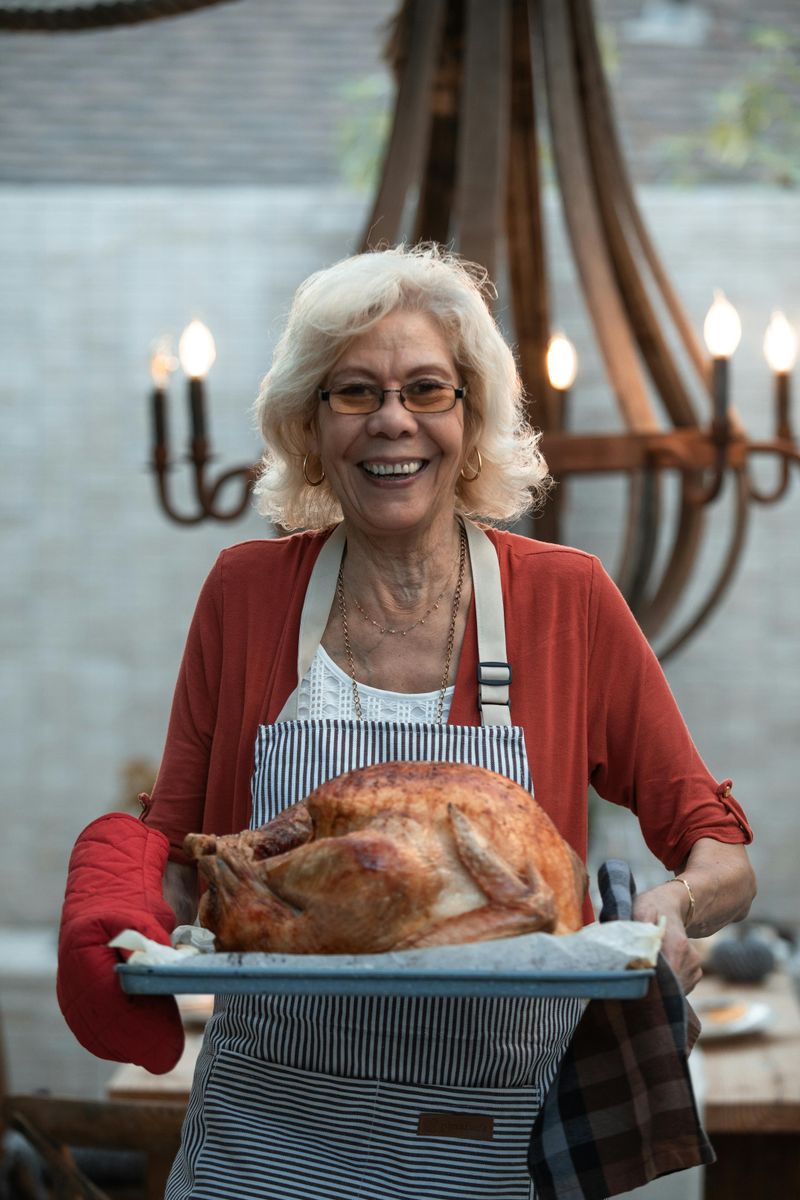
Holidays that require cheer and togetherness make narcissists feel pressured, exposed, and emotionally out of sync. Thanksgiving comes with expectations: be grateful, be kind, be present. For someone who thrives on control and surface-level interactions, this feels like a trap.
They struggle to fake emotions convincingly for long periods. The forced smiles and scripted gratitude feel suffocating. They’d rather avoid the whole event than pretend to care about traditions that mean nothing to them.
When everyone else seems naturally happy, their discomfort becomes more visible. That vulnerability makes them defensive, leading to eye rolls, sarcastic comments, or sudden exits from the room.
3. They Don’t Know How to Be Authentically Thankful
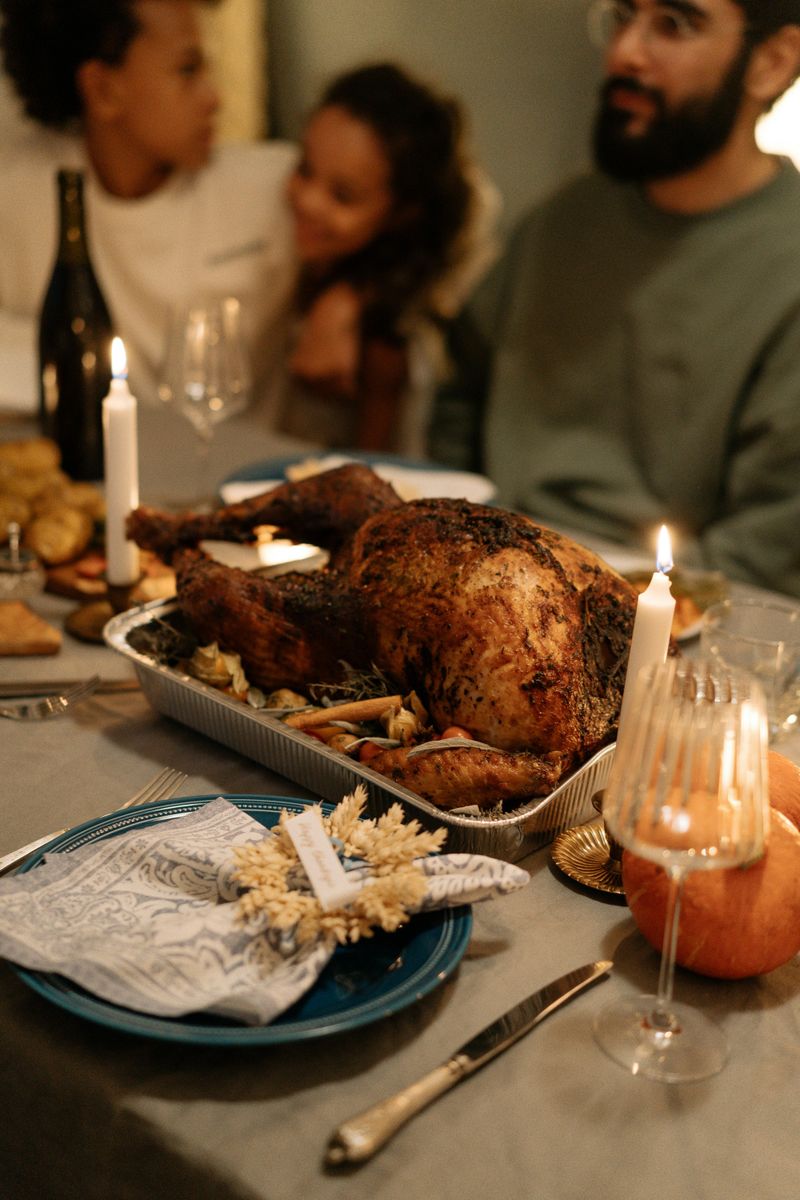
Gratitude requires humility and vulnerability, traits narcissists actively avoid. Saying “thank you” means admitting someone else contributed to your life, which threatens their sense of superiority. They view dependence on others as weakness.
During Thanksgiving, when everyone shares what they’re thankful for, narcissists freeze up or deflect. They might offer shallow, generic responses or turn the conversation back to themselves. Real appreciation feels foreign and uncomfortable.
This inability to express genuine gratitude isolates them further. While others bond over shared appreciation, they remain emotionally distant, unable to participate in the warmth of the moment.
4. They Find a Way to Make It Political
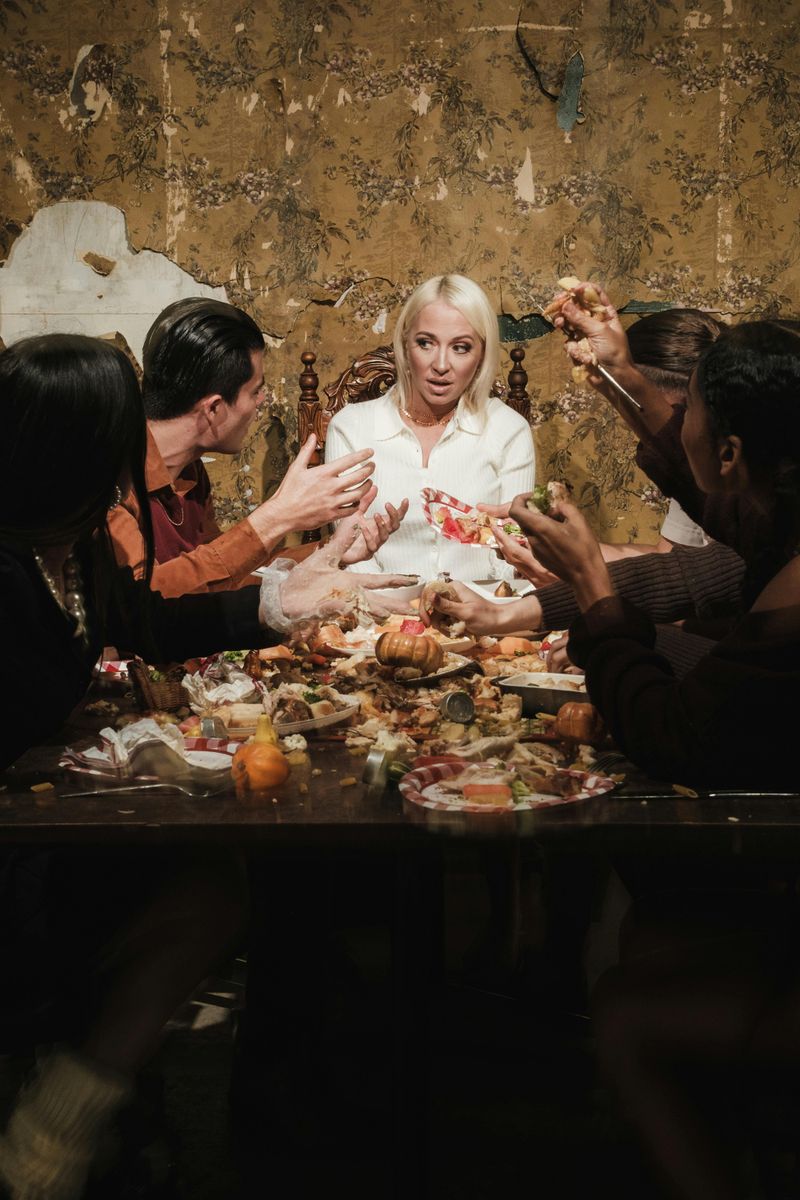
Narcissists often derail the day by starting debates to regain attention or stir conflict. When they feel ignored or sidelined, they’ll drop a controversial topic into the conversation like a grenade. Politics is their favorite weapon.
Suddenly, the peaceful dinner turns into a battlefield. They don’t care about the topic itself; they care about being the center of attention again. Watching people get riled up gives them a sense of power and control.
Family members who try to keep the peace often give in, which only reinforces the behavior. The narcissist learns that chaos is an effective way to dominate the room and steal the spotlight.
5. They Have to Stop Working to Spend Time with Family

Any obligation that interrupts their personal agenda feels like an inconvenience. Narcissists prioritize their own goals, ambitions, and routines above everything else. Being expected to pause and engage with family feels like a waste of time.
They’ll complain about missing work, checking emails constantly, or making excuses to leave early. Their resentment is obvious, and it dampens the mood for everyone. They see family time as an obligation, not an opportunity.
This attitude reveals their lack of genuine connection with loved ones. They view relationships as transactional and only valuable when they serve a purpose or boost their image.
6. They Wish They Got as Much Attention

Watching others bond or celebrate feels threatening to their constant need for admiration. Narcissists crave being the star of every situation. When someone else gets complimented, hugged, or celebrated, they feel invisible and irrelevant.
Thanksgiving often highlights other people’s achievements, relationships, or milestones. This triggers deep jealousy in narcissists, who believe they deserve all the praise. They might interrupt conversations, one-up stories, or sulk in the corner.
Their envy poisons the atmosphere. Instead of celebrating others, they sabotage moments of joy to redirect attention back to themselves, even if it means ruining the holiday for everyone.
7. Thanksgiving Bores Them
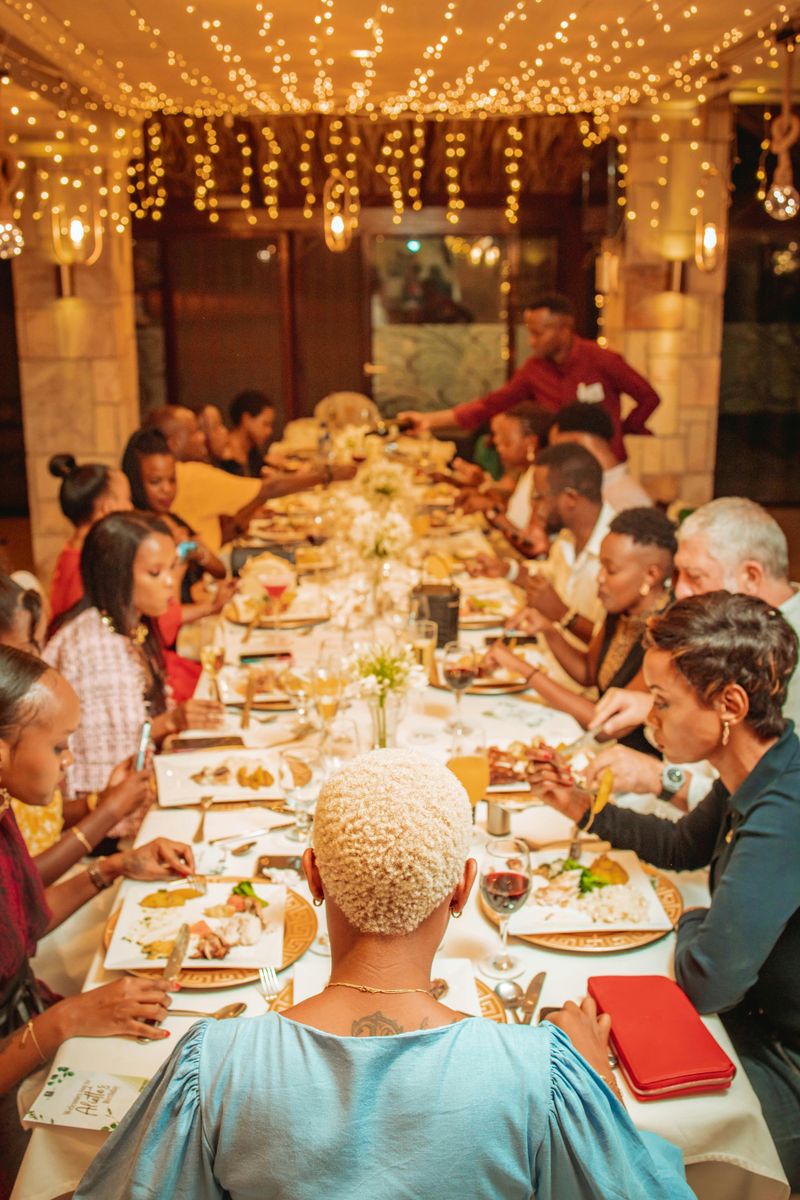
The slower, calmer pace of the day provides little stimulation or opportunities for validation. Narcissists thrive on drama, excitement, and constant feedback. Thanksgiving’s quiet, reflective nature feels dull and unstimulating to them.
They need constant entertainment and attention to feel alive. Sitting around a table, sharing stories, and enjoying simple pleasures doesn’t satisfy their craving for intensity. They’ll zone out, complain about being bored, or create chaos for stimulation.
This reaction shows their inability to appreciate peaceful, meaningful moments. They’re so addicted to external validation that they can’t enjoy anything that doesn’t revolve around them or provide instant gratification.
8. They Will Say How Pathetic It Is

Dismissing the holiday makes them feel superior and deflects from their discomfort. Narcissists often belittle things they don’t understand or can’t control. Calling Thanksgiving “stupid,” “overrated,” or “pathetic” is their way of protecting their fragile ego.
By mocking the holiday, they avoid admitting they struggle with gratitude, connection, and vulnerability. It’s easier to tear something down than to participate authentically. Their criticism also hurts others, which gives them a twisted sense of power.
This behavior isolates them further. Family members learn to distance themselves, which only deepens the narcissist’s bitterness and reinforces their negative worldview.
9. They Don’t Feel They Have Anything to Be Thankful For

Their entitlement and constant dissatisfaction make gratitude feel unnatural. Narcissists believe they deserve more than they have, no matter how much they’ve been given. Nothing is ever enough, so they genuinely feel they have nothing to appreciate.
This mindset blinds them to the good things in their lives. While others express thanks for health, family, or simple joys, narcissists focus on what’s missing or what others have that they don’t. Gratitude requires contentment, which they lack.
Their inability to feel thankful creates a bitter, joyless existence. Instead of appreciating what’s present, they obsess over what they believe they’re owed but haven’t received yet.
10. They Will Moan About All the Food
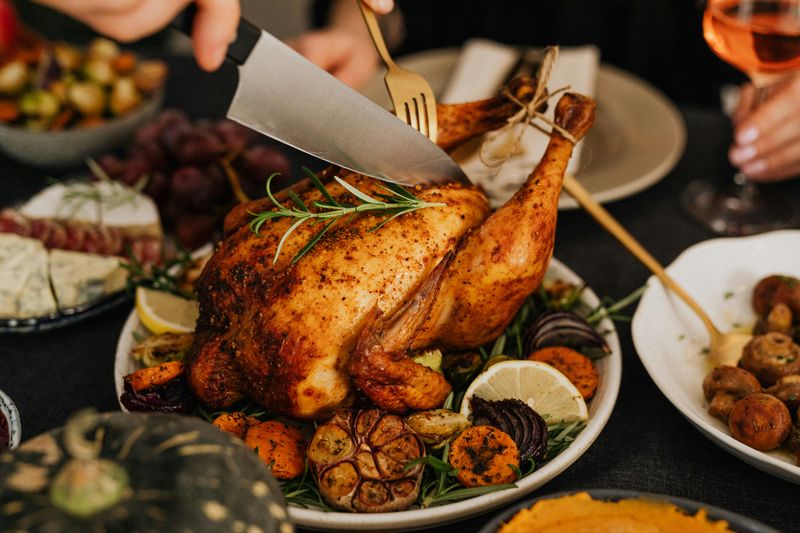
Complaining lets them re-center the spotlight while undermining others’ enjoyment. Narcissists know that griping about the meal draws attention and puts the host on the defensive. Whether the food is perfect or not, they’ll find something to criticize.
“This turkey is too dry.” “I don’t like sweet potatoes.” “Why didn’t you make it the way I like?” Their constant complaints ruin the mood and make everyone uncomfortable. It’s not about the food; it’s about control and attention.
This behavior disrespects the effort others put into the meal. It shows their lack of appreciation and their need to dominate every situation, even something as simple as dinner.
11. They May Have to Entertain Others
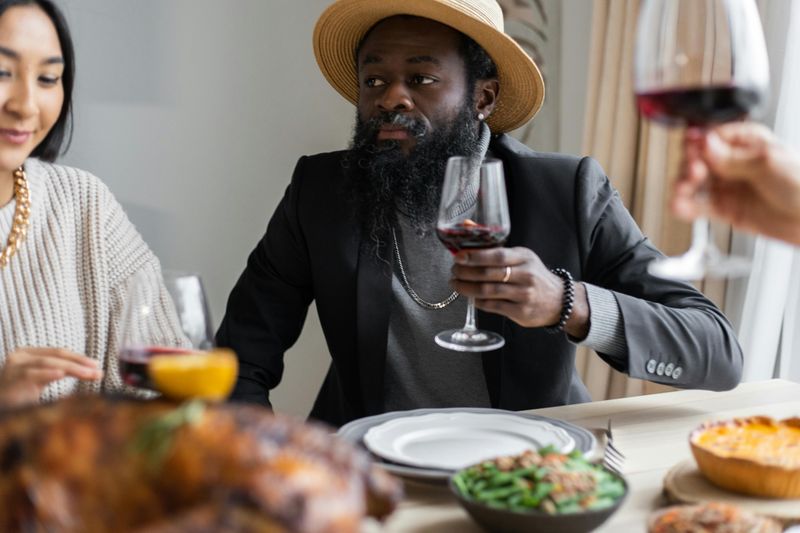
Hosting requires empathy, effort, and generosity—qualities they rarely want to give. Narcissists view entertaining as a burden unless it benefits them directly. Being expected to make others comfortable, serve food, and engage warmly feels like too much work.
They’ll either refuse to help, complain the entire time, or make a show of how much they’re sacrificing. Their resentment is obvious, and it makes guests feel unwelcome. Hosting is about giving, which conflicts with their self-centered nature.
If they do host, it’s usually to show off or gain admiration, not to genuinely care for others. The moment the attention fades, so does their effort.
12. They Can’t Stand Not Controlling the Day
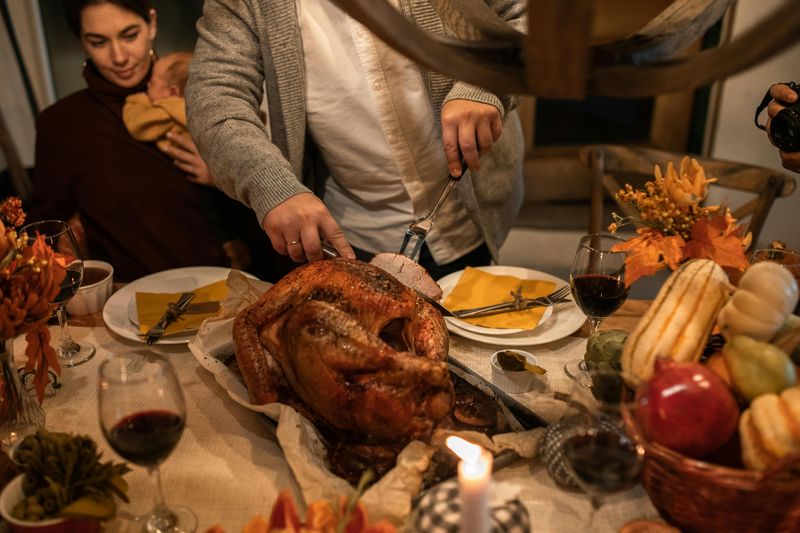
Long-standing family traditions limit their ability to dictate the schedule, which threatens their sense of dominance. Narcissists need to control situations to feel secure. When Thanksgiving follows a set routine that others decide, they feel powerless and frustrated.
They’ll try to change plans, insist on doing things their way, or throw tantrums when ignored. If they can’t control the day, they’ll sabotage it by showing up late, leaving early, or causing drama. Control equals power for them.
This need for dominance ruins the holiday for everyone. Instead of enjoying traditions, the family walks on eggshells, trying to avoid triggering the narcissist’s anger or manipulation.

Comments
Loading…